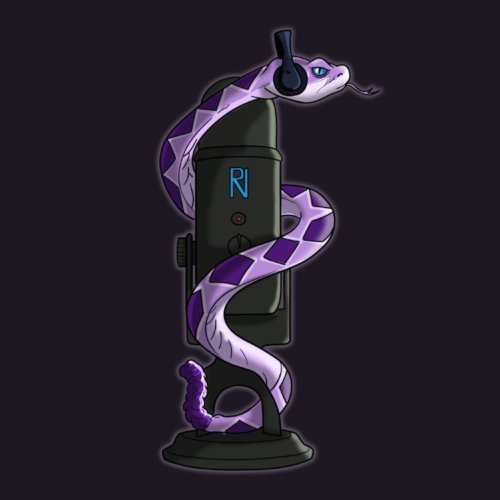73: Conflict, Courage, Regret
Ep 73.The Gary Bisbee Show Notes
“Conflict, Courage, Regret” with Amy Gallo, Jim Detert, Ph.D., and Daniel Pink
“The single biggest thing a leader can do: talk about one of our regrets. Don’t just leave it there though, explain what you learned from it and what you’re going to do about it.”
– Daniel Pink
Meet the Guests:
This episode features three leaders previously interviewed on The Gary Bisbee Show. Amy Gallo is a Contributing Editor for the Harvard Business Review and co-host of the “Women at Work” podcast. She is also the author of forthcoming book “Getting Along: How to Work with Anyone (Even Difficult People).” Jim Detert, Ph.D. is a professor of Business Administration and Public Policy at the University of Virginia and author of “Choosing Courage: The Everyday Guide to Being Brave at Work.” Daniel Pink is a five-time New York Times bestselling author. His latest book is “The Power of Regret: How Looking Backward Moves Us Forward.”
Key Insights:
Authors can provide new perspective and framing on traditional leadership ideas.
- Better at Conflict. When conflict arises, we tend to go on the defensive and lose sight of the other person. Instead, try to think about the other person in an empathetic way. Additionally, do preparation for the conversation. Ask yourself: what are the facts of the situation, what assumptions am I making, and what don’t I know? And, what if I’m wrong, what would I do differently?
- How to Lead Courage. Leaders must acknowledge that fear exists and work towards a culture that promotes and protects courage. This includes modeling courageous actions, defending employees that are courageous, and examining potential barriers to bravery like financial and promotion incentives.
- How Leaders Can Use Regret. Daniel encourages leaders to share their regrets and mistakes. It creates an opportunity for powerful conversations about what can be learned from regrets and how to prevent future ones. It also helps normalize regret, which is important because regret is normal.
Relevant Links:

































